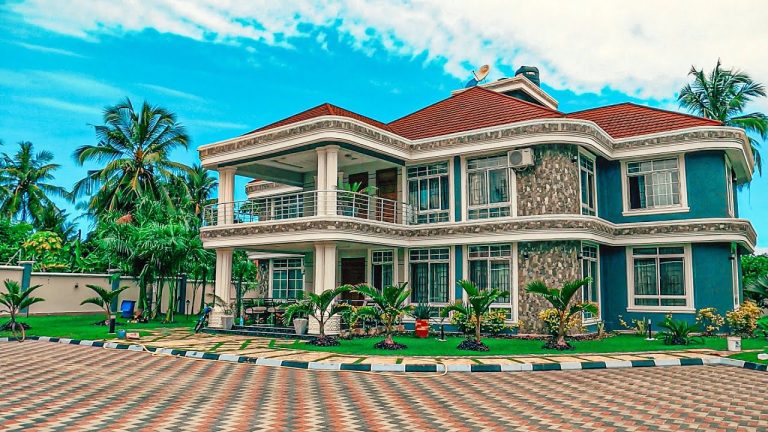Building a house in Tanzania
Building a house in Tanzania involves complying with various regulations and procedures established by local authorities and government agencies. The specific regulations and requirements can vary by location and can be influenced by factors such as the type of structure, location, and intended use of the building. Here are some general steps and regulations to consider when building a house in Tanzania:

Land Ownership and Use:
Ensure that you have legal ownership or rights to use the land where you intend to build. You may need to acquire a land title, leasehold, or other land rights from the relevant authorities.
Land Zoning and Planning Regulations:
Check the zoning regulations and land-use plans for the area where you plan to build. These regulations dictate what type of structures are allowed and their
permitted uses.
Building Permits:
Obtain the necessary building permits from the local government or municipal authority. The application process typically involves submitting architectural plans and other documentation. The specific requirements may vary by location.
Architectural and Engineering Plans:
Hire a qualified architect and engineer to design and plan the construction. The architectural and engineering plans must meet local building codes and standards.
Environmental Impact Assessment (EIA):
Depending on the size and location of your construction project, you may need to conduct an Environmental Impact Assessment (EIA) to assess and mitigate
potential environmental impacts. This is a regulatory requirement in Tanzania for certain projects.
Health and Safety Regulations:
Comply with health and safety regulations, including those related to the construction site and worker safety. Ensure that proper safety measures and
equipment are in place.
Labor and Employment Laws:
Follow labor and employment laws when hiring construction workers. Ensure that workers are paid fair wages and provided with appropriate working conditions.
Materials and Quality Standards:
Use quality building materials that meet local and national standards.
Inspections may be conducted during construction to ensure compliance.
Utilities and Services:
Arrange for utility connections, including water supply, electricity, and sewage disposal, if applicable.
Property Tax:
Be aware of property tax requirements in your area. Property taxes are typically assessed based on the value of the property.
Local Community Engagement:
Engage with the local community and seek their support and cooperation, especially if your construction project may affect the community in any way.
Inspections and Approvals:
Be prepared for inspections at various stages of construction to ensure that the work is in compliance with approved plans and regulations.
Completion Certificate:
After completing the construction, obtain a completion certificate from the relevant authorities. This certificate confirms that the building complies with all regulations and can be occupied.
Occupancy and Maintenance:
After obtaining the completion certificate, you can occupy the building. It is essential to maintain the property in good condition to ensure its longevity and
compliance with regulations.
Legal Assistance:
Consider hiring a legal advisor or consultant who is familiar with local building regulations and can guide you through the process.
It’s important to consult with local authorities and experts who are knowledgeable about the specific building regulations in your area. Building regulations in Tanzania can change, so staying informed about current laws and requirements is crucial to the success of your construction project.

